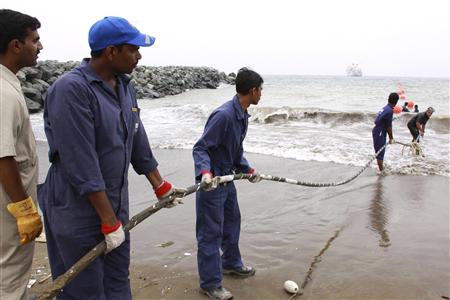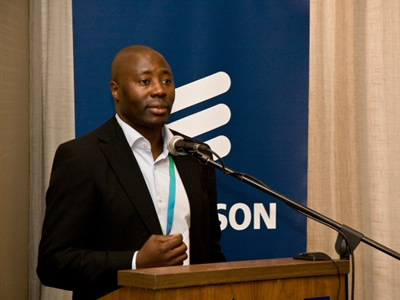Through a collaborative knowledge base, farmers from the Chambezi region of the Bagamoyo District in Tanzania are using smartphones equipped with GPS modules and an application that makes it easy to send pictures and sounds to the Internet. The smartphones are used to document their daily practices, make reports about their observations regarding changes in climate and related issues, and also to interview other farmers, expanding thus their network of social relationships and engaging in a process of mutual learning.
This is just one of the stories of local people innovating through the challenges they face on the field. Over the years, local people are known to innovate due to necessity, changing conditions, and curiosity, doing informal experiments on new ideas either from their own ingenuity or learned from other farmers, researchers, extensionists and other information sources like the mass media. But over and over again, scientists have learnt very little about these innovations in order to take advantage of them to improve their scientific research work.
The farmers at Chambezi not only struggle because of insufficient infrastructure and unreliable markets for their products, but they are also facing the challenges of a changing local climate. Less rains, less underground water and unprecedented threats caused by pests and plant diseases are some of the pressing issues that they have to deal with. However, they know that by sharing their knowledge on how to cope with these problems, they can become stronger and find ways to overcome them. They hope that, by communicating their observations to extension officers and scientific researchers, who can be in remote locations, they can participate in the design of new strategies for adaptation.
In order for their voices to be heard, the farmers gather audiovisual evidence of their practices using smartphones and publish images and voice recordings on the Internet. The project, which started early this year, is currently being sponsored by the North South Center of the Swiss Federal Institute of Technology, with the support of the Department of Botany of the University of Dar es Salaam and the Zurich Node of the Planetary Collegium (Z-Node). The participants of Sauti ya wakulima, a group of five men and five women, who gather every Monday at the agricultural station in Chambezi, use a laptop computer and a 3G Internet connection to view the images and hear the voice recordings that they posted during the week. They also pass the two available smartphones on to other participants, turning the phones into shared tools for communication.
For more information about this innovation, visit the Sauti ya wakulima blog and site.











































